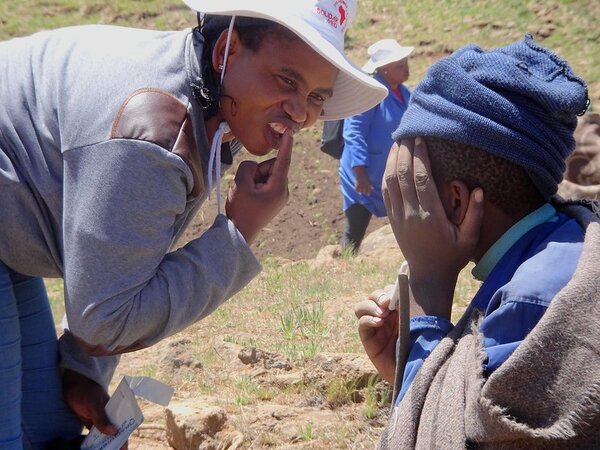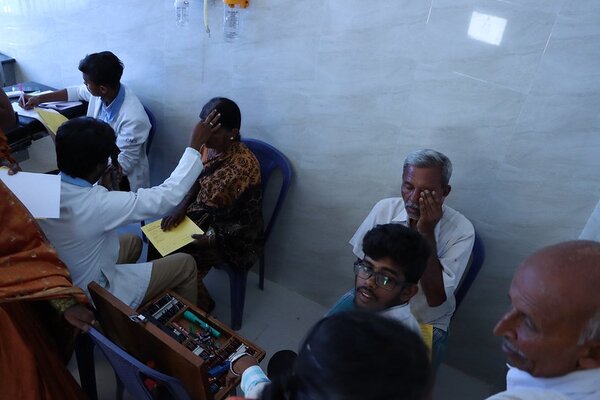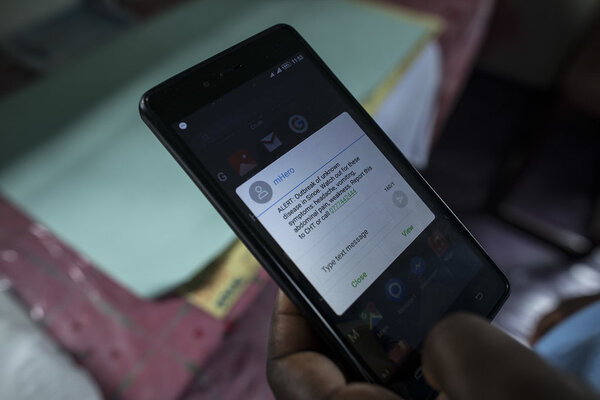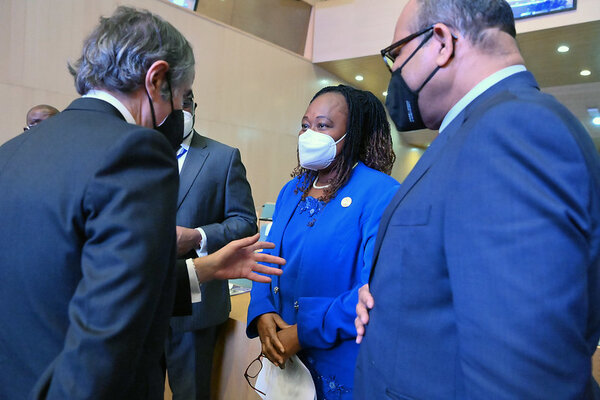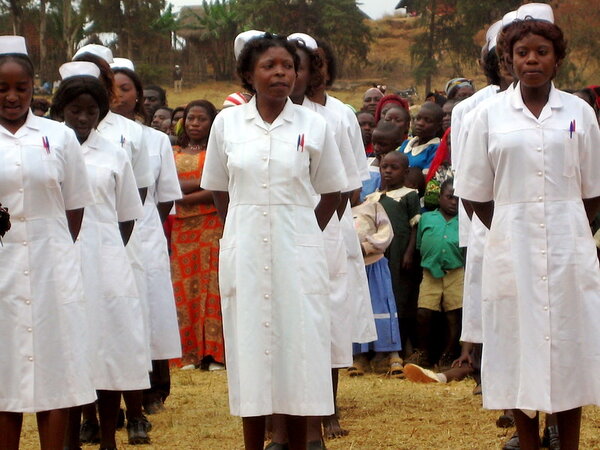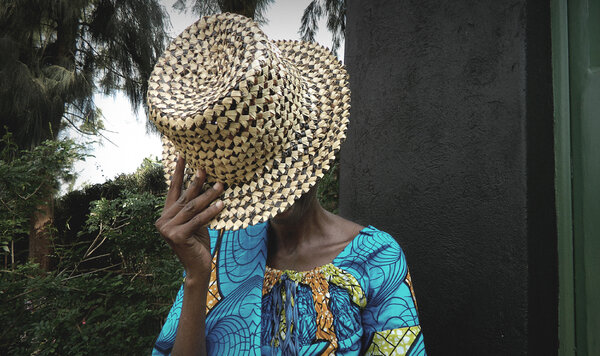Entwickelt wurde die kommende Strategie – wie bei uns üblich – in engem Austausch mit den Mitgliedsorganisationen. An der Mitgliederversammlung vom 7. Juni 2023 ist sie schliesslich verabschiedet worden. Zurzeit arbeiten wir noch an kleinen editorischen Anpassungen. Hier aber schon mal das Grundsätzliche zur neuen Strategie: Die Zeichen für MMS stehen auf Aufbruch.
Nichts ohne Gesundheit für alle
Diese optimistische Grundstimmung, mit welcher MMS sein Engagement für Gesundheit für alle im 50. Jahr seines Bestehens angeht, mag angesichts der krisenhaften und kriegerischen Zeitumstände überraschen. Unsere Analyse zeigt aber, dass Bevölkerungen den vielschichtigen Herausforderungen nicht begegnen können, wenn ihre gesundheitlichen Bedürfnisse und Rechte nicht befriedigt werden.
Um das Recht auf Gesundheit voranzutreiben, wird MMS sich weiteren gesellschaftlichen Gruppierungen, die im weitesten Sinne mit Gesundheit zu tun haben, öffnen und sie in den Austausch und die Lernprozesse für Mitglieder einbeziehen. Weil die sozialen, ökonomischen und ökologischen Determinanten der Gesundheit weltweit verbessert werden müssen, müssen wir Akteur:innen der internationalen Gesundheitszusammenarbeit und globalen Gesundheit uns dem Wissen etwa aus der Klima- und Umweltbewegung oder den Umweltwissenschaften, den Siedlungs- und Verkehrsplaner:innen oder sozialen Bewegungen gegenüber öffnen. Zu dieser Öffnung gehört auch, dass wir junge Berufstätige aus dem Gesundheitsbereich besser ansprechen und in unsere Debatten und Wissens- und Lernprozesse stärker integrieren.
Stärkung des entwicklungspolitischen Dialoges
Wir wollen auch genauer hinschauen, welche Auswirkungen die Schweiz auf die weltweite Gesundheit hat. Dazu werden wir in den nächsten Jahren einen Swiss Impact Report on Global Health entwickeln und regelmässig publizieren. Mit diesem Bericht stärken wir die Grundlagen, um den Dialog mit den verschiedenen Schweizer Entscheidungsträger:innen zu führen. Mit diesem wissensbasierten entwicklungspolitischen Dialog soll das verantwortungsbewusste, weltweite Handeln für die globale Gesundheit von hiesigen Akteur:innen mittelfristig (weiter) verbessert werden. MMS als Netzwerk wird damit als zivilgesellschaftliches Kompetenzzentrum für internationale Zusammenarbeit und Gesundheit gestärkt.
Martin Leschhorn Strebel
Netzwerk Medicus Mundi Schweiz
E-Mail

















